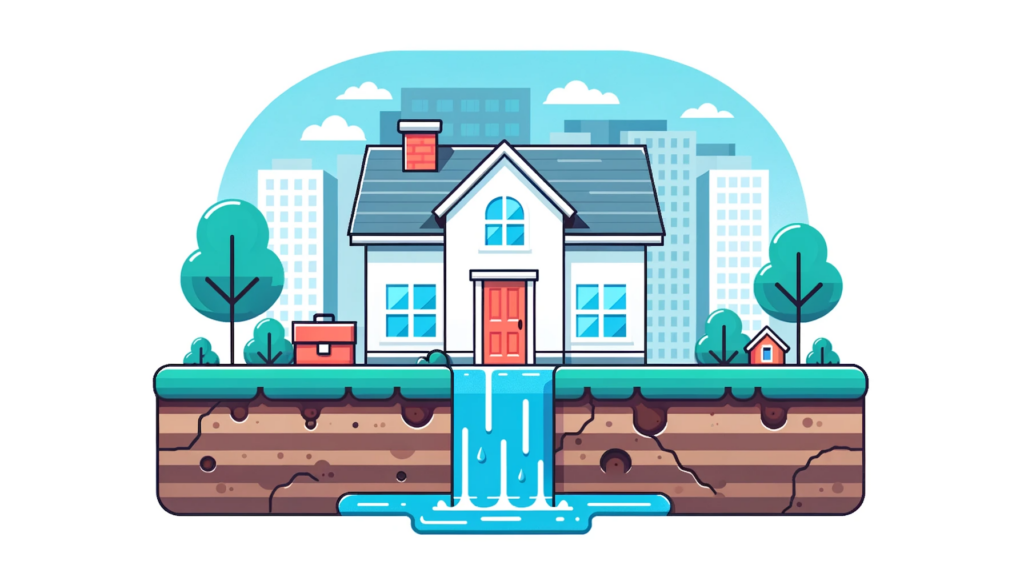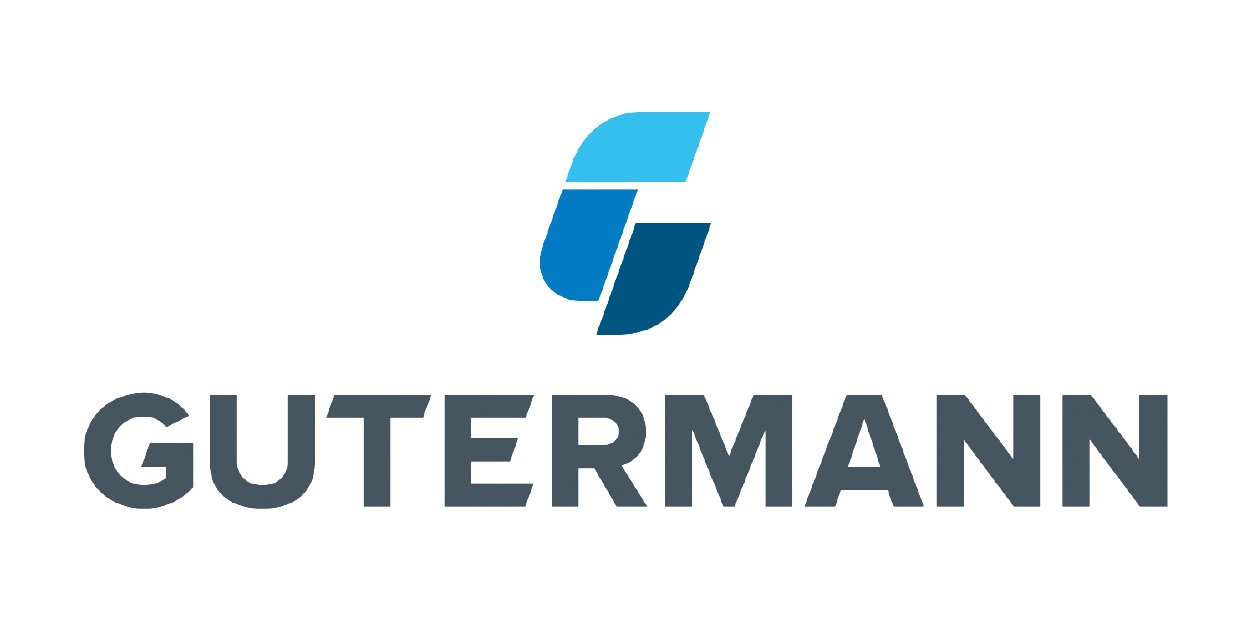
Call Today 09 973 4973 or
High-capacity Gas Heating and Cooling Systems
High-capacity gas heating and cooling systems are essential components in the infrastructure of large commercial and industrial buildings, providing efficient temperature control to maintain a comfortable and productive environment. These systems, designed to handle the demands of spaces with significant square footage, such as office complexes, manufacturing plants, and large retail spaces, offer a reliable and cost-effective solution for both heating and cooling needs.
Efficiency and Performance
One of the primary advantages of high-capacity gas heating and cooling systems is their efficiency. Modern systems are designed to maximise fuel use, converting a higher percentage of gas into usable heat or cooling with minimal waste. This efficiency not only reduces operational costs but also aligns with New Zealand’s environmental goals by lowering greenhouse gas emissions associated with heating and cooling large buildings.
Design and Installation Considerations
The design and installation of these systems require careful planning and expertise. Factors such as the building’s size, layout, insulation quality, and occupancy patterns must be considered to ensure the system’s capacity meets the specific needs of the space without under or over-sizing. In New Zealand, this process involves collaboration with certified HVAC professionals and gasfitters who understand the local climate conditions, building codes, and energy efficiency standards.
Regulatory Compliance
In New Zealand, the installation of high-capacity gas heating and cooling systems must comply with the Gas (Safety and Measurement) Regulations 2010, as well as specific standards for energy efficiency and environmental protection. Compliance ensures that systems are safe, efficient, and environmentally responsible. Regular inspections and maintenance are required to maintain these standards over the life of the system.
Maintenance and Safety
Regular maintenance is crucial for the longevity and efficiency of high-capacity gas heating and cooling systems. Preventative maintenance schedules should include routine checks of gas connections, heat exchangers, burners, and ventilation systems to prevent leaks, ensure efficient operation, and avoid potential safety hazards such as carbon monoxide buildup.
Safety is paramount, with systems designed to include features such as automatic shut-off valves, carbon monoxide detectors, and regular safety audits to identify and mitigate risks. Training for building staff on the proper operation and emergency procedures related to the gas system is also essential.
Sustainability and Innovation
With a growing emphasis on sustainability, New Zealand businesses are increasingly looking for innovative ways to reduce their carbon footprint. High-capacity gas heating and cooling systems are evolving to meet these demands, with advancements in technology that improve efficiency and reduce emissions. Additionally, the integration of renewable energy sources and the use of biogas or hydrogen blends can further enhance the environmental performance of these systems.
High-capacity gas heating and cooling systems play a critical role in the operation of large commercial and industrial buildings in New Zealand. Their design, installation, and maintenance require a high level of expertise and a strong commitment to safety and regulatory compliance. As technology advances, these systems continue to offer efficient, reliable, and increasingly sustainable solutions for managing the indoor climate of large spaces, contributing to the comfort, safety, and productivity of their occupants.
Suppliers




